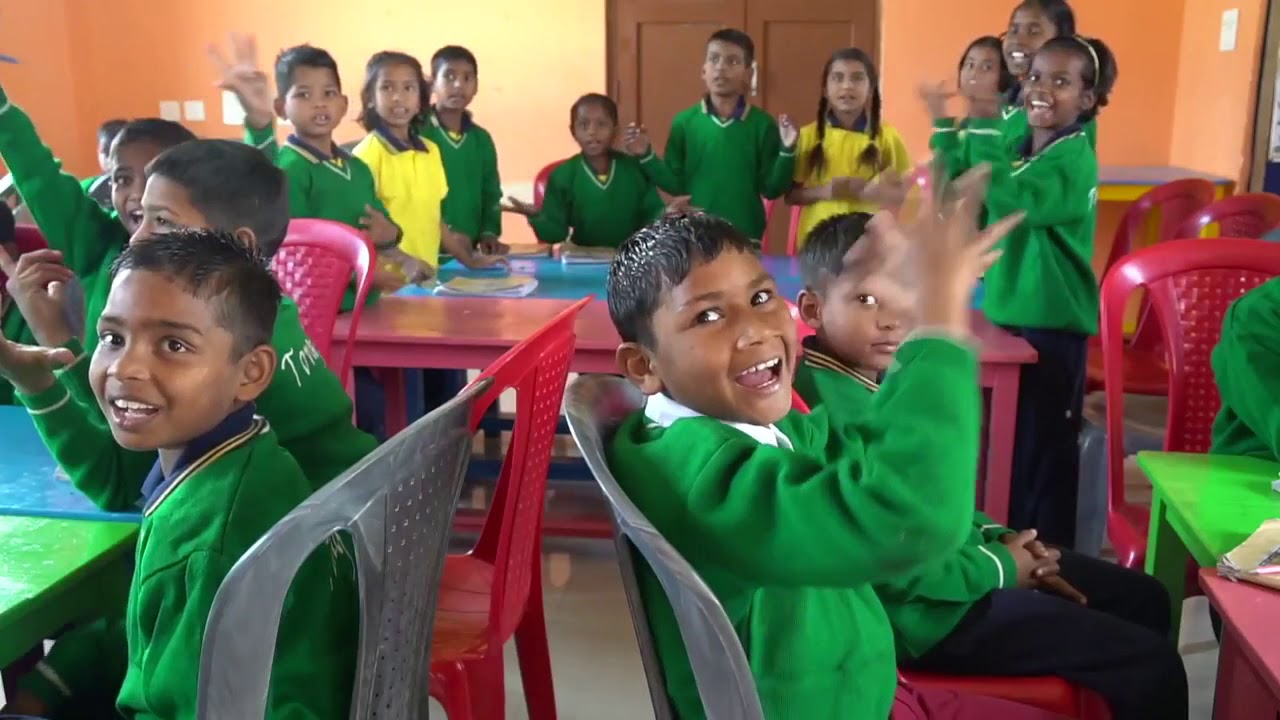— A philosophy of education
Holistic Education
Since its inception, Tong-Len has focused on improving the lives of slum communities by educating the younger generation. Holistic teaching philosophy is that education is not complete if it is purely academic. While academic education is vital, the Tong Len School observes a five dimensional curriculum to achieve growth and development of children, both personally and in their interactions with society and the environment.

Tong-Len’s holistic education programme has academic, social, physical, emotional and ethical components. We believe that this approach is the most successful way of creating meaningful change in the lives of our students and, through them, the situation of their families and the slum communities.
Our inspiration has come from the secular ethics teachings of His Holiness the 14th Dalai Lama but we have developed a working model with unique characteristics.

5
Dimensions
of
Holistic
Education
1 ACADEMIC
Academic education in the Tong-Len School follows the National Council of Educational Research and Training (NCERT) curriculum recognised throughout India, where children sit national or state board examinations. Children study a range of subjects, including STEM, Sanskrit, English, Hindi, maths, social sciences and computing. The school provides both classroom learning and active learning. The progress of each child in the Tong-Len school is measured by regular examinations (3– 4 times per annum) and informal assessments.
2 Social
Children reflect on their relationships with themselves, their families, their wider communities and the world. They learn about friendship, leadership and authority. They are also taught to understand the impact of their actions. They learn about interdependence within life and relationships, and why it is therefore important to consider the outcomes of behaviour towards others. The concept of a shared common humanity is a key area of focus. Social development is crucial to the ethos of the Tong-Len school because of its power to break the cycle of poverty.
3 Emotional
Children are encouraged to understand key issues including motivation, interaction with others, self-awareness, and how to process their thoughts and feelings. Crucially, they learn how to acknowledge and validate feelings, and learn that it is ok to feel how they feel. They are taught to ponder what inspires them, motivates them, and identify the source of their personal happiness and contentment. Children are taught about the importance of regulating negative emotions, navigating their emotions and building resiliencies.
4 Physical
Children learn about the importance of nutrition for growth, health and mental well-being. They actively participate in sport, yoga and dance, noting the positive effects on their emotional well-being. Team sports are used to teach the principles of cooperation and the benefits of working together towards a shared common goal. The Tong-Len school recognises the importance of having both a healthy body and a healthy mind.
5 Ethical
Our students study secular ethics, learning about the shared values of all religions and recognising that, although each faith is different, all share the same fundamental ideas of love, kindness and humanity. They are encouraged to explore different religions and philosophies, recognising their merits and differences. We believe this helps to create a more respectful, tolerant world of diversity.
Older students learn how to differentiate between truth and opinions usung dialectics. This enhances critical thinking, judgement and investigative skills. It is important that children are able to critically reflect upon the large amount of information available in this digital era, and to use their own considered judgment before taking action.
Children learn about the shared values of all religions, recognising that although each faith is different, all share the same fundamental ideas of love, kindness and humanity. The students are encouraged to explore different religions and philosophies, recognising their merits and their differences. We believe this helps to create a more respectful, tolerant world of diversity.
When children are raised under desperate circumstances, they are often exposed to many harmful practices such as domestic violence, lying and stealing. At the Tong-Len school, a curriculum of secular ethics and instruction in logical reasoning empowers the students to make more ethical life choices.
Promoting human values such as respect, truth, integrity, non-violence and interdependence is an integral activity within the school and in Tong-Len’s outreach into the wider community
